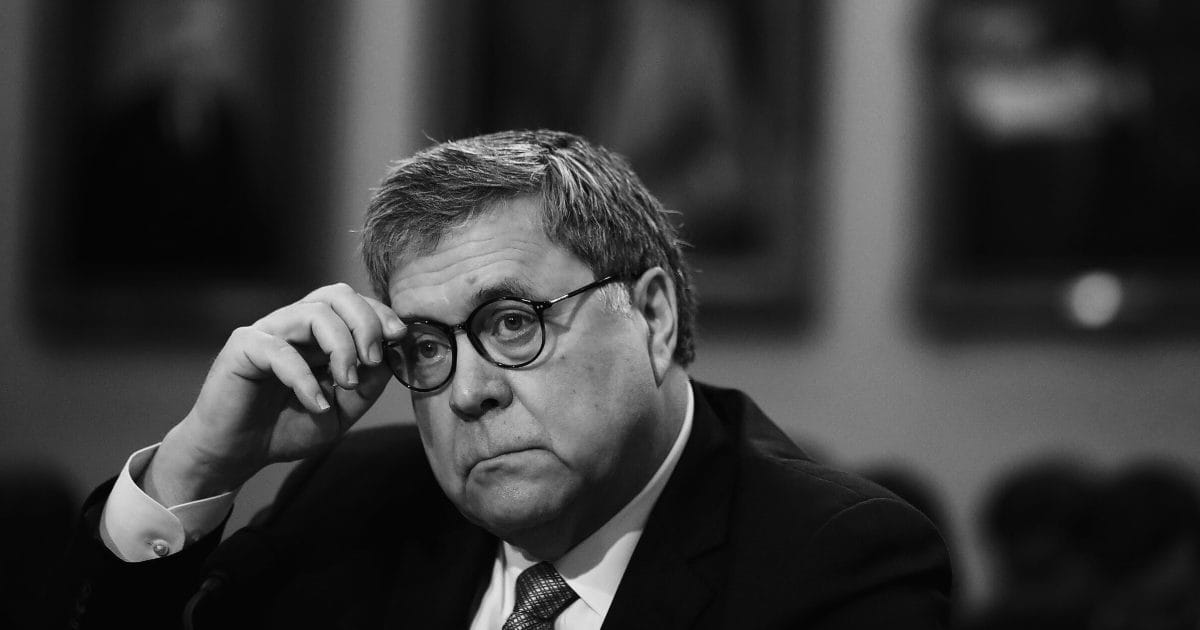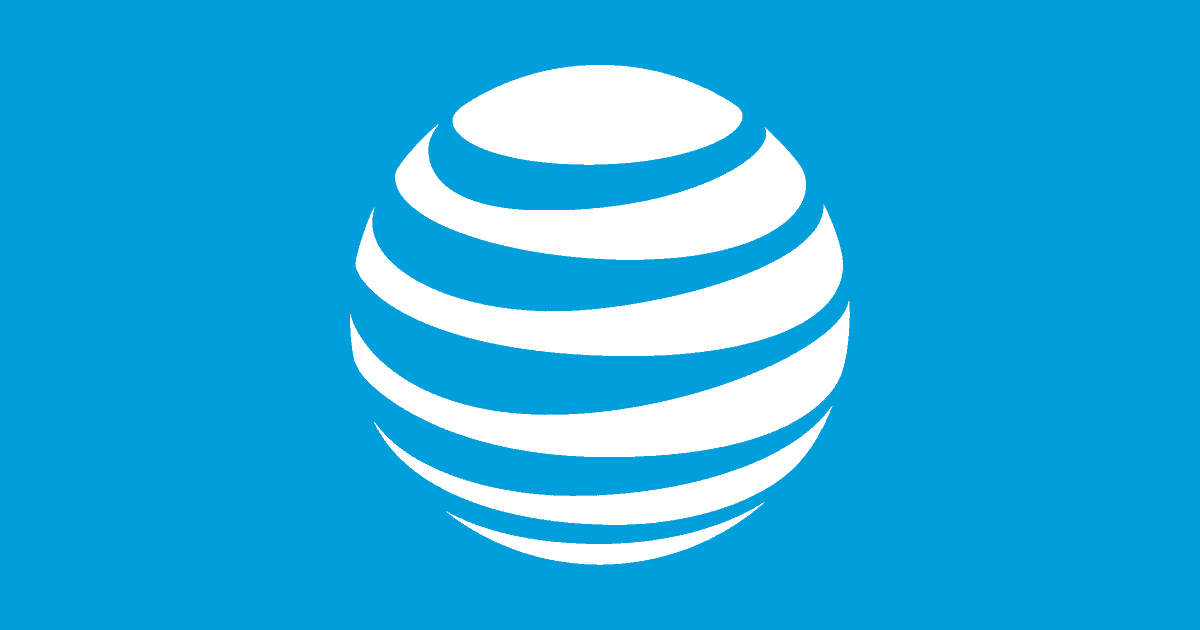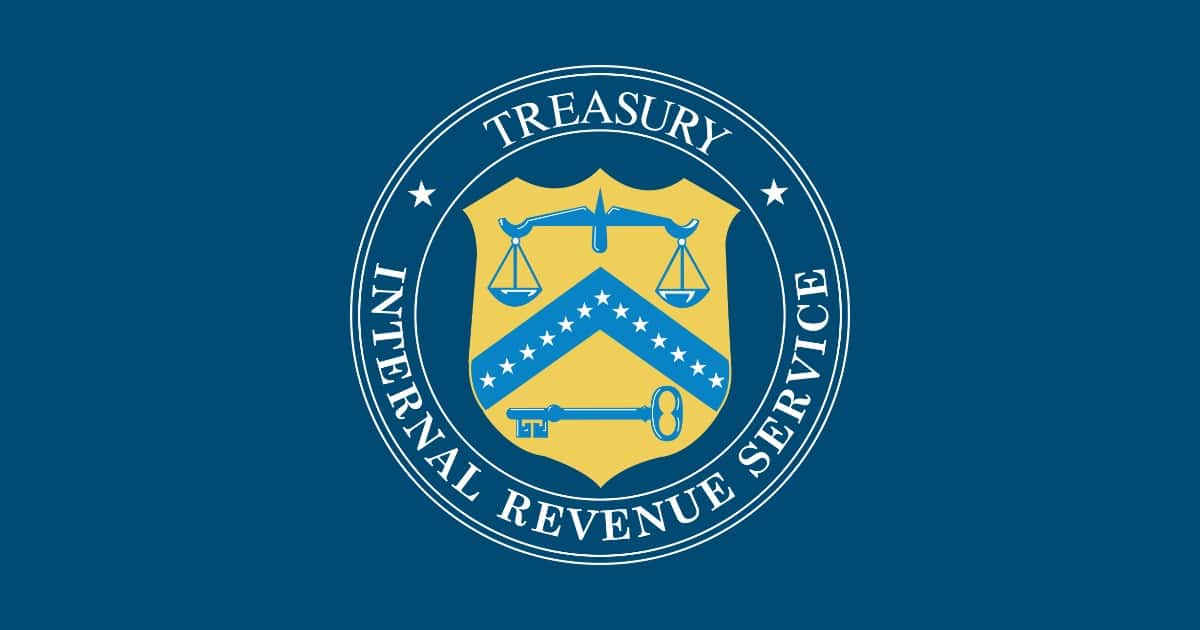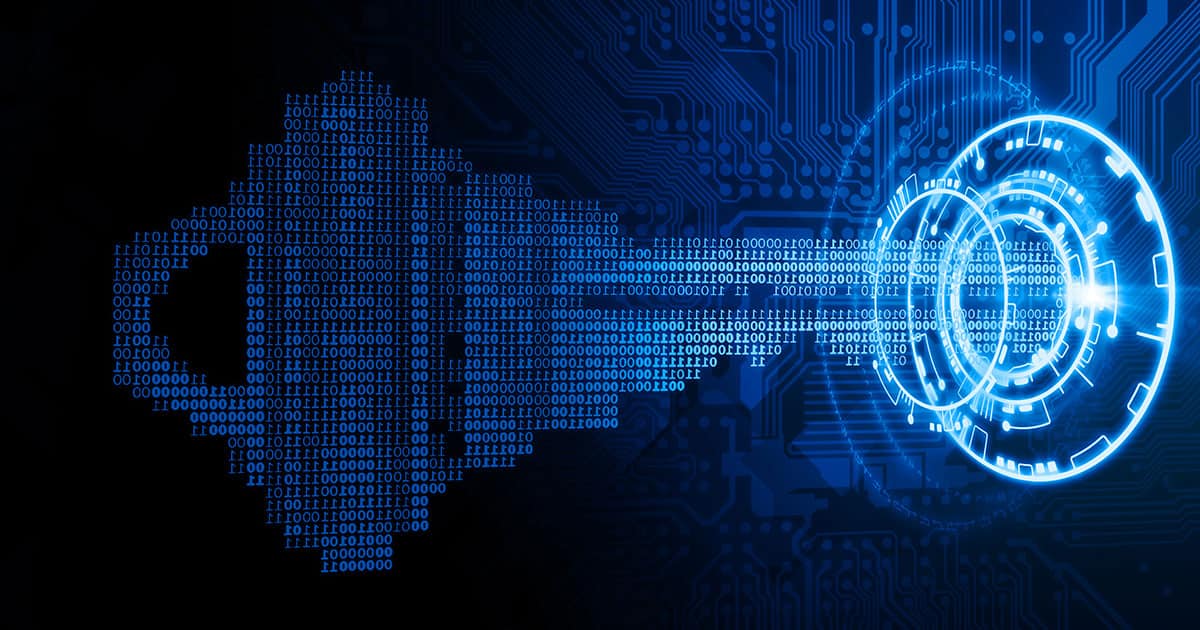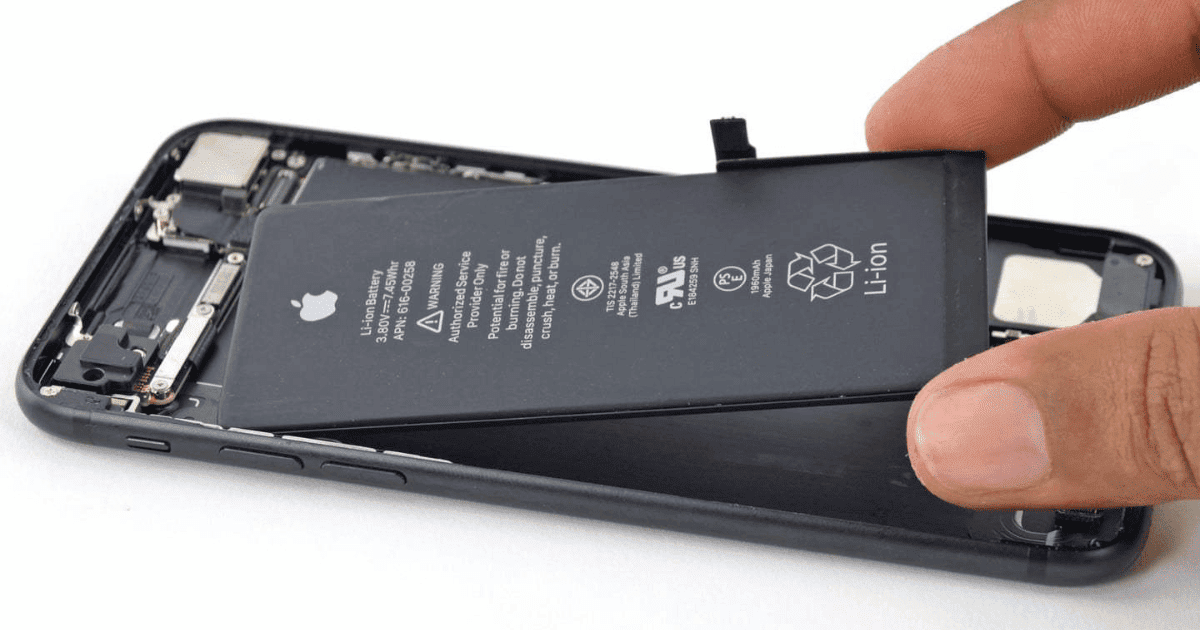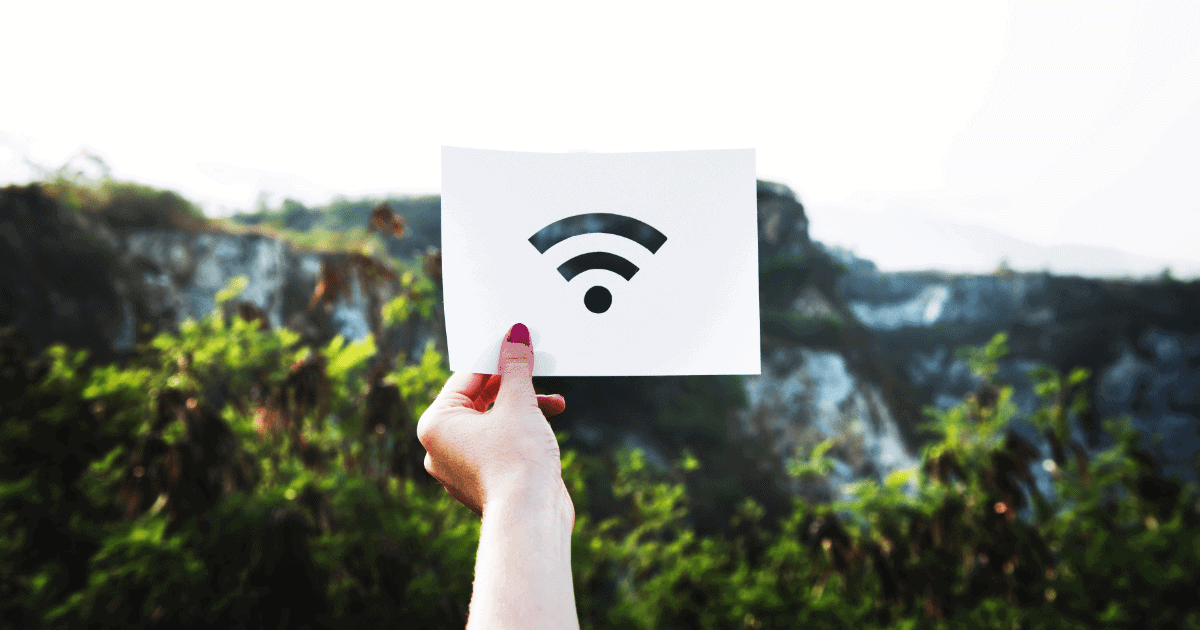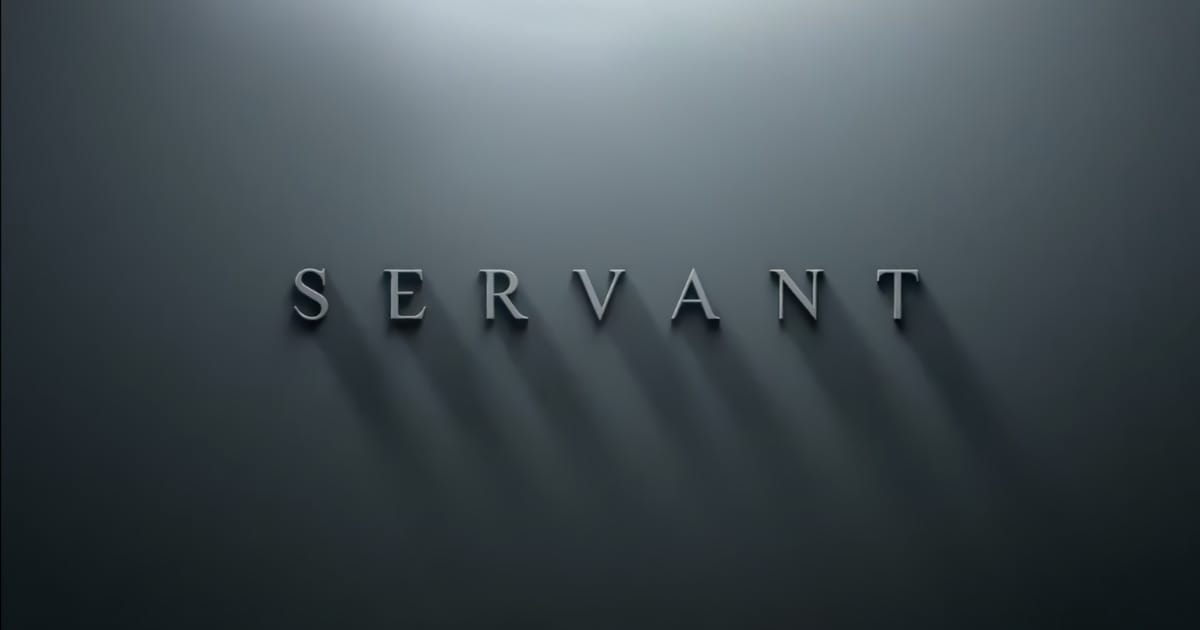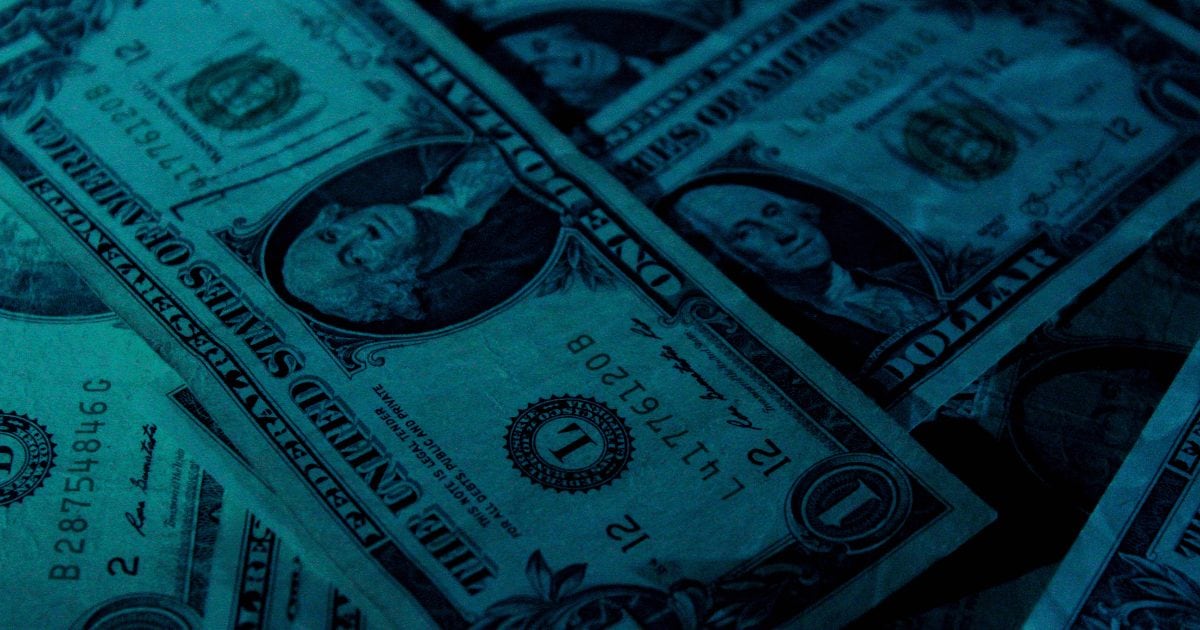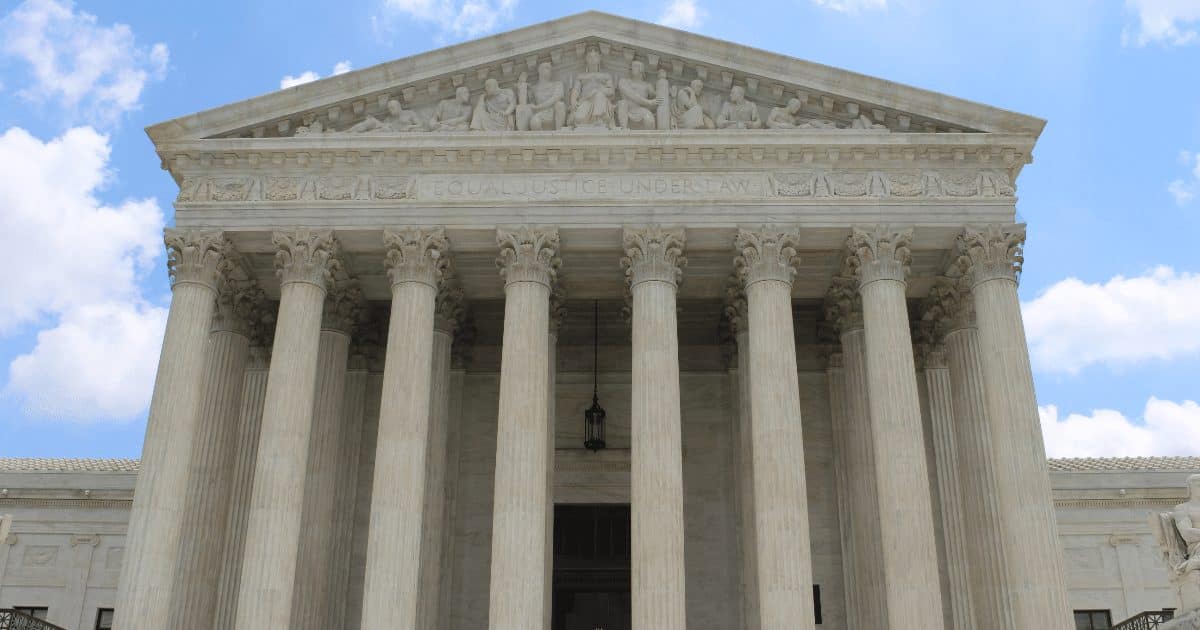Attorney General William Barr wants tech companies like Apple to fight online child sexual abuse even more with “voluntary standards.”
These voluntary principles are built on existing industry efforts to combat these crimes. Some leading companies have dedicated significant resources to develop and deploy tools in the fight to protect children online and to detect, disrupt and identify offenders. Although significant progress has been made, there is much more to be done to strengthen existing efforts and enhance collective action.
First, as I discovered last year Apple started to scan online iCloud content for child sexual abuse material (CSAM). Many other companies do the same. Second, although encryption wasn’t explicitly mentioned, this is undoubtedly (in my opinion) a new development in the war on encryption. Child predators are one of the scary boogeymen used by the government to erode our privacy even further. I of course do support Apple scanning for this content, but it’s not a black and white issue.
